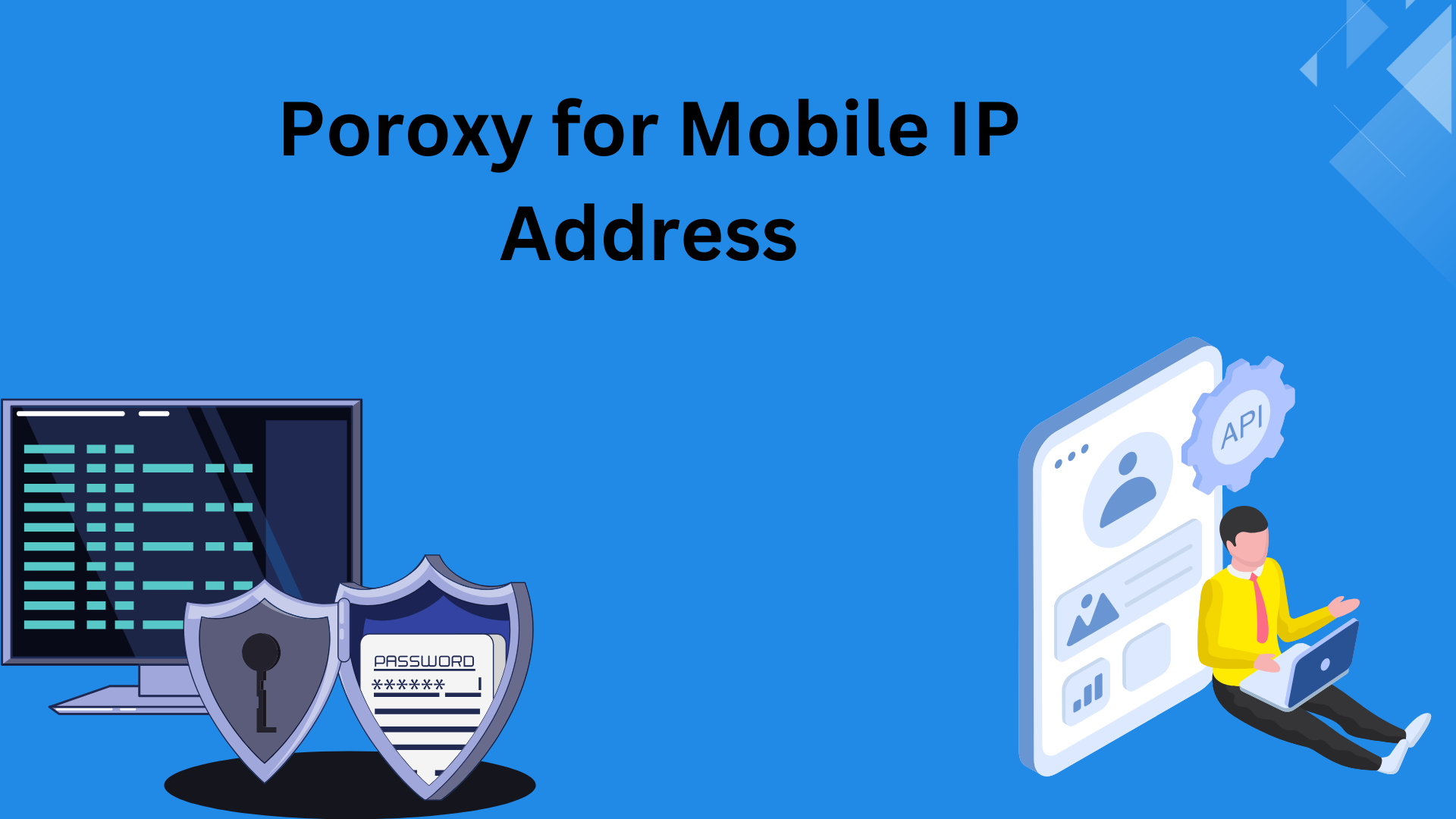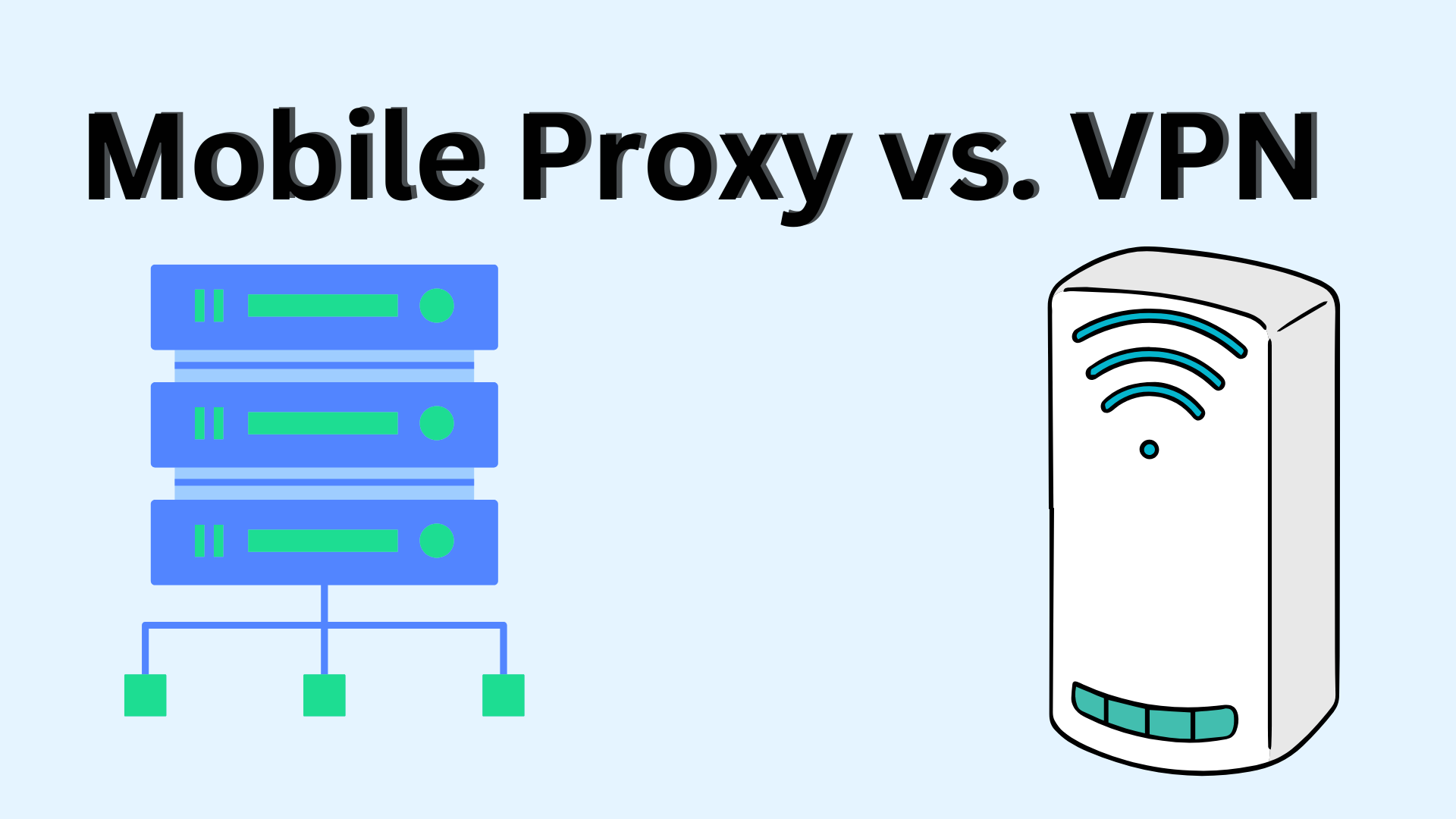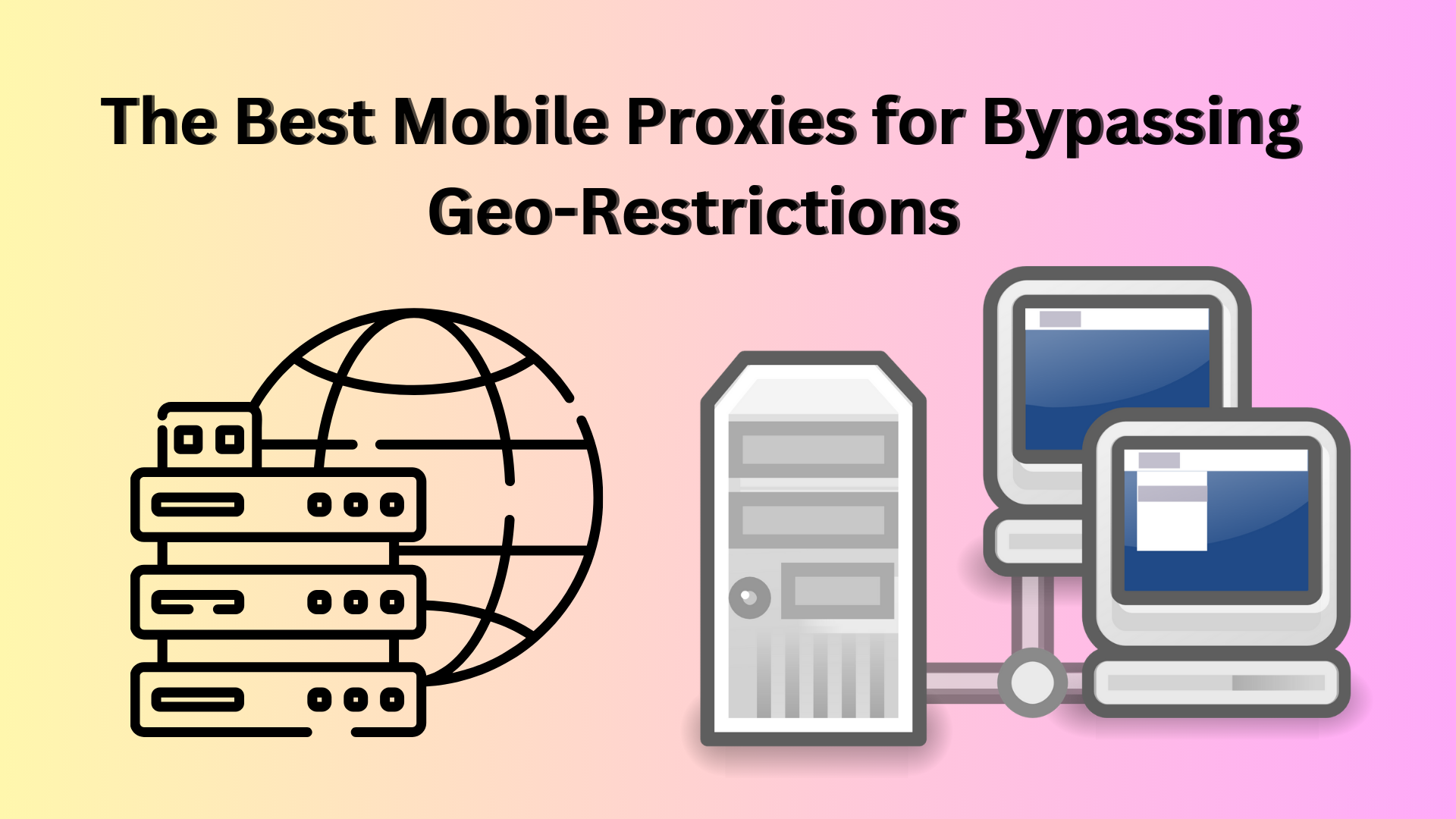ntroduction to Proxy Mobile for IP Addresses
Every device that connects to the internet, whether it’s a computer or smartphone, is assigned an IP address. For mobile devices, these are called proxy mobile for IP addresses, and they play a vital role in enabling you to browse, stream, and stay connected while on the go. Unlike traditional IPs that may stay fixed, mobile IPs are more dynamic, designed to adapt as you move between networks. In this article, we’ll dive deep into what a mobile IP address is, how it works, and why it matters for both privacy and connectivity.
What Is an IP Address?
An Internet Protocol (IP) address is a unique identifier assigned to devices connected to the internet. It functions like a digital address, directing internet traffic to the correct destination. Just like you need a postal address to send a letter, your device needs an IP address to send and receive data online.
Understanding Proxy Mobile IP Addresses
Difference Between Static and Dynamic IPs
There are two main types of IP addresses: static and dynamic. A static IP address stays the same over time, whereas a dynamic IP changes each time the device connects to the network. Most mobile devices use dynamic IPs because they switch between networks as users move from one location to another.
How Mobile IP Addresses Are Assigned
Mobile IP addresses are assigned by your cellular service provider. When you connect to the internet via a mobile network (3G, 4G, or 5G), the provider allocates an IP address to your device, often from a pool of dynamic IPs. This address changes periodically or when you disconnect and reconnect to the network.
How Mobile Networks Handle IP Addresses
Cellular Network Architecture
Cellular networks operate through a complex infrastructure that includes base stations, routers, and gateways. These components work together to assign and manage IP addresses for mobile devices as they move across network cells, ensuring continuous connectivity.
IP Allocation on 3G, 4G, and 5G Networks
Mobile IP addresses are assigned differently based on the type of network. Older 3G networks have slower IP allocation processes compared to the more advanced 4G and 5G networks, which provide faster, more efficient IP assignment, ensuring smooth handover as users move between network towers.
Why Mobile IP Addresses Matter
Enhanced Mobility
Mobile IPs are designed for mobility. They allow your device to stay connected as you move from one location to another, switching between cell towers and networks without losing the connection.
Seamless Network Handover
When you’re driving or moving through different areas, mobile IP addresses allow your connection to seamlessly transition between network towers, ensuring you don’t experience drops in service or interruptions during a call or while browsing.
Security and Privacy Considerations
Mobile IP addresses, being dynamic, provide some level of privacy. Because they change frequently, it’s harder for someone to track your online activity over long periods. However, there are still security concerns, such as potential tracking by third parties or your mobile carrier.
The Role of Mobile IP in Internet Browsing
Mobile IPs and Geo-Location
Mobile IP addresses can be used to determine your approximate geographical location. This is particularly important for services like weather apps, location-based searches, and region-specific content delivery.
Mobile IPs and Content Delivery
Many content providers use mobile IP addresses to serve localized content. For example, when you access a streaming platform from your phone, your mobile IP might determine the availability of specific shows or movies based on your country.
Static vs. Dynamic Mobile IPs
Use Cases for Static Mobile IPs
Static mobile IPs are typically used in business settings where a constant IP address is necessary, such as for remote access to corporate networks or servers.
Use Cases for Dynamic Mobile IPs
Most consumers use dynamic mobile IPs, which are ideal for casual internet browsing, streaming, and social media. Dynamic IPs offer flexibility and enhanced security since they change frequently, making them harder to track.
How Mobile IP Addresses Are Used in Cellular Proxy Services
Masking Original IPs
Cellular proxy services utilize mobile IP addresses to mask users’ original IPs, offering enhanced privacy. This makes it harder for websites and services to track or block users based on their IP addresses.
Overcoming Geo-Blocking and Censorship
Mobile IPs can be used to bypass geo-blocking restrictions. For instance, by using a cellular proxy with an IP from another country, users can access content that’s restricted in their region, such as streaming services or social media platforms.
Mobile IP Address Security Risks
Risks of IP Address Spoofing
IP address spoofing is a technique used by attackers to disguise their true identity by altering their IP address. While dynamic IPs change frequently, this risk still exists, especially in unsecured networks.
Potential for Tracking and Profiling
Even though mobile IP addresses change regularly, they can still be used for tracking and profiling by advertisers, service providers, or cybercriminals. These parties can use your IP address history to build a profile of your online activity.
How to Secure Your Mobile IP Address
Using VPNs and Proxies
One of the most effective ways to secure your mobile IP address is by using a VPN (Virtual Private Network) or a proxy service. These tools mask your real IP and encrypt your internet traffic, ensuring that your browsing activity is private and secure.
Mobile Carrier Security Measures
Mobile carriers often implement security measures to protect users’ IP addresses, such as encryption and secure data channels. However, users should still take additional steps to secure their mobile browsing, especially when using public Wi-Fi networks.
Mobile IP and the Future of Connectivity
Role in 5G and IoT
Mobile IP addresses are set to play a pivotal role in the Internet of Things (IoT) and 5G technology. As more devices become connected to mobile networks, the demand for efficient IP allocation and management will increase, making mobile IPs more important than ever.
Impact on Future Mobile Applications
With the rollout of 5G, mobile IP addresses will support faster, more reliable connections, allowing future mobile applications to deliver smoother, more responsive experiences. This will be crucial for everything from autonomous vehicles to augmented reality applications.
Conclusion
Mobile IP addresses are essential to how we connect and interact with the digital world. They provide flexibility, mobility, and privacy while enabling seamless browsing across mobile networks. As technology evolves, the role of mobile IP addresses will only grow, especially with the increasing importance of 5G and IoT. Understanding how these IPs work and how to protect them is vital for anyone looking to maintain their privacy and security in the modern, connected world.





